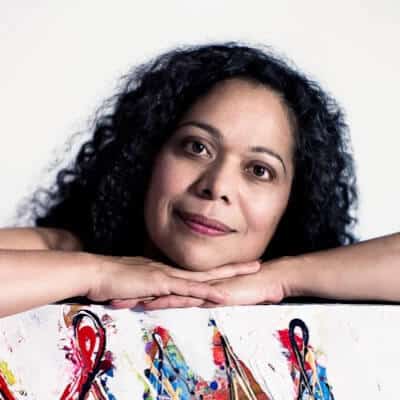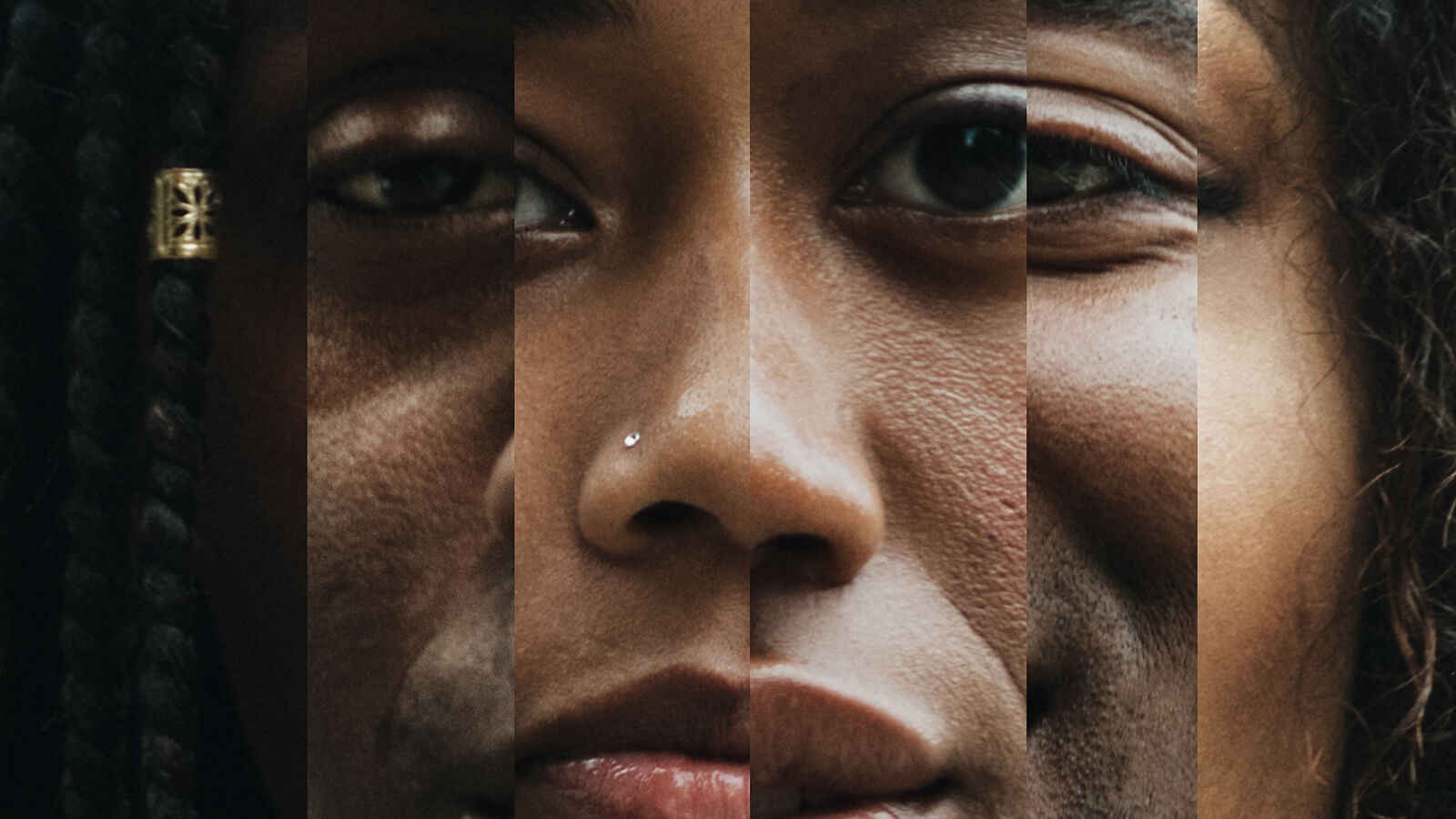
Aneesah Wilhelmstätter
Aneesah Wilhelmstätter (CSW) has therapeutic experience in mental health, oncology and surgical wards (Johannesburg General Hospital) - being the dedicated trainer for medical staff and volunteers in stress management, giving bad news and grieving. She has also worked as an in-house and independent trainer and workshop facilitator in the corporate world, at Boston City College (S.A), and for New Horizons computer training center. As a course creator, she has created and facilitated workshops such as The Thankful Way Journal, The Expats Way and Passion to Performance - based on her published books by the same names. As a self-taught artist, Aneesah made her debut at the Kunstrai in Amsterdam, where her work was handpicked for his private collection by the Director of the event . As a coach, she founded Creative Change Coaching in 2001 and was a contributor in the first Bulletin by The Association of Coaching (London). As a writer, Aneesah has created practices for professional therapists, coaches and their clients in publications such as The Creativity Workbook for Coaches & Creatives (2020), and the upcoming Transformational Journaling for Therapists, Coaches & Clients plus The Great Book of Journaling (2021). A highlight of 2021 was when she was a featured Practice Leader at the Embodied Social Justice Summit, sharing her Living your DREAMS framework for Radical Self-Care.


 October 13, 2022
October 13, 2022 